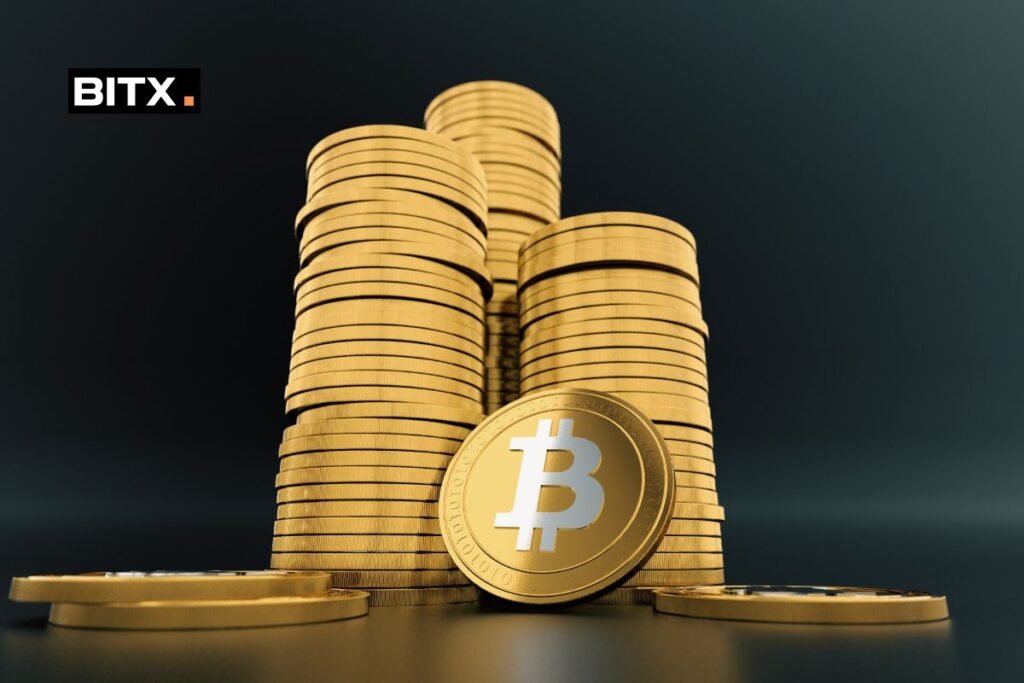Evaluating the Security of Bitcoin Exchanges: Best Practices and Trends
In the rapidly evolving world of cryptocurrencies, Bitcoin exchanges have become the primary medium for buying, selling, and trading digital assets. As these platforms hold significant amounts of users’ funds, ensuring their security is paramount. This article examines best practices and trends in evaluating the security of Bitcoin exchanges.
1. Regulatory Compliance
A crucial aspect of evaluating a Bitcoin exchange is its compliance with regulatory standards. Regulatory compliance offers protection to users and guarantees that the exchange operates fairly and transparently. Look for exchanges registered with financial authorities in their jurisdiction and those that adhere to Know Your Customer (KYC) and Anti-Money Laundering (AML) procedures.
2. Security Measures
a. Two-factor Authentication (2FA)
Two-factor authentication is an essential security feature in Bitcoin exchanges. It adds an additional layer of protection by requiring users to provide two different authentication factors, typically a password and a unique code sent to a mobile phone.
b. Cold Wallets
Cold wallets or offline storage solutions secure a significant percentage of users’ funds away from the internet, reducing the risk of hacking and theft. Exchanges that regularly transfer funds between cold wallets and online wallets are generally more secure than those relying solely on online storage.
c. Insurance and Recovery
It is important to choose an exchange that offers insurance coverage for user funds or a reliable system for recovering lost or stolen assets. Ensure the exchange has a clear policy on this matter and that it addresses potential gaps in coverage.
3. Privacy and Transparency
Exchanges should respect their users’ privacy while adhering to regulatory requirements. Look for exchanges that offer transparent practices, including detailed terms of service, privacy policies, and information about their team and founding members.
4. Reputation and User Reviews
Consult user reviews and consider the exchange’s reputation within the cryptocurrency community. A history of security incidents or poor customer service may indicate vulnerabilities in the exchange’s security measures.
5. Extended validation (EV) SSL Certificates
Exchanges should use Extended Validation (EV) SSL certificates, which provide an additional layer of security by verifying the exchange’s identity and encrypting sensitive user data.
6. Monitor Industry Trends and Best Practices
Stay updated on industry news, best practices, and emerging threats to ensure your chosen exchange continues to uphold secure standards. Regularly review your exchange’s security measures and compare them to those of competitors to identify potential improvements.
By considering these best practices and trends in evaluating the security of Bitcoin exchanges, users can make informed decisions and protect their digital assets effectively. Ensuring that exchanges prioritize security and transparency will help cultivate trust and confidence in the growing cryptocurrency market.

